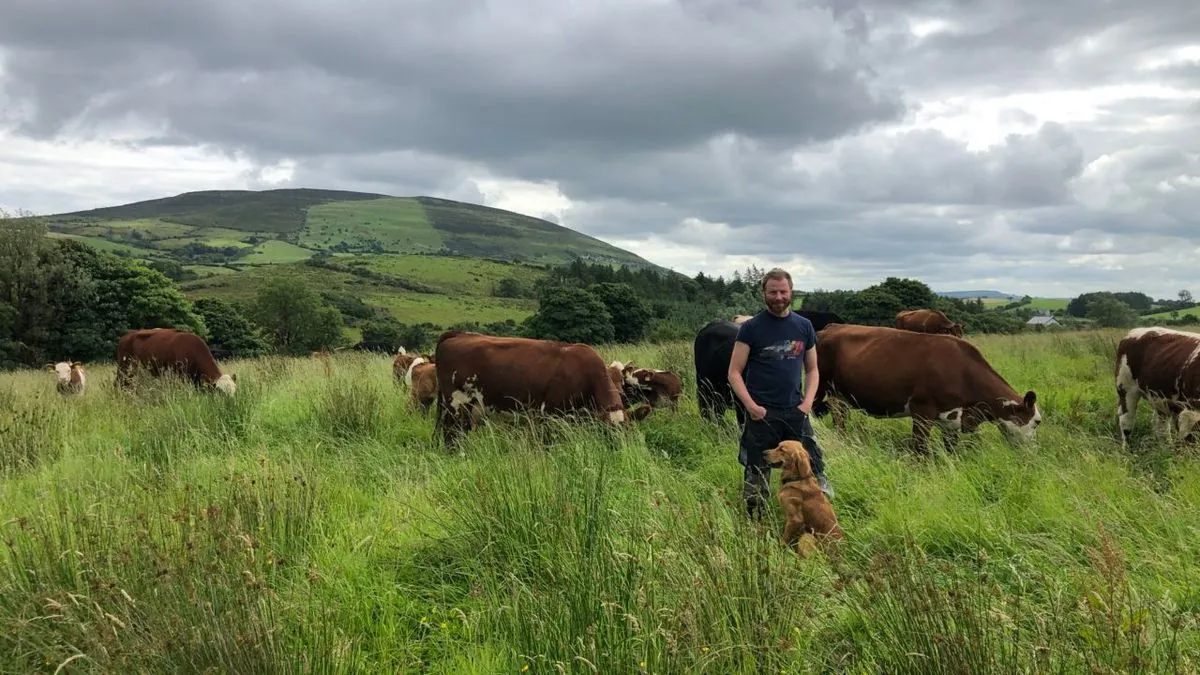The European Union's new deforestation regulation (EUDR) is set to take effect in Northern Ireland on January 1, 2025, raising concerns about potential disruptions in beef trade with Great Britain. This development stems from post-Brexit arrangements that require Northern Ireland to adhere to numerous EU regulations.
Under the EUDR, companies must provide geolocation data to demonstrate that certain products sold in the EU market do not contribute to environmental degradation. Jenny Brunton of the British Agriculture Bureau explains that this applies to beef from cattle raised on non-deforested land and fed with sustainably sourced feed.
The regulation affects various products, including beef, coffee, timber, soy, palm oil, and rubber, as well as their derivatives. It stipulates that these items must not originate from land degraded after December 31, 2020.
"Northern Ireland is bound by the EU legislation to nominate a competent authority in the same way that all other EU countries must."
This situation has led to apprehensions about a potential "hard beef border" between Northern Ireland and the rest of the UK. British farmers, while not required to submit geolocation data under UK law, will need to do so for exports to EU countries or, in some cases, to Northern Ireland.
The lack of a designated "competent authority" in Northern Ireland to collect the required data has exacerbated these concerns. With only 3.5 months remaining before the law's implementation, this absence could potentially disrupt trade and leave exporters vulnerable to legal issues.
Nick Allen, CEO of the BMPA, has called for government assistance to help British exporters meet the new EU requirements. He points out that countries like Argentina have already established robust, government-backed systems to comply with the incoming rules.
It's worth noting that Northern Ireland's unique position, with dual access to both EU and UK markets, is a result of the Windsor Framework treaty. This agreement, reached after Brexit, prevented a hard border with the Republic of Ireland but established a customs border in the Irish Sea.
The EUDR has faced criticism from various quarters, including Europe's agricultural lobby and countries such as Brazil, Indonesia, and Malaysia. Recently, Olaf Scholz, the German chancellor, requested a pause in the EUDR implementation due to concerns about its impact on the paper and print industries.
Environmental campaigners, however, view the EU law as groundbreaking. Daniela Montalto of Greenpeace UK expressed disappointment in the UK's slower progress in updating its deforestation laws.
As the implementation date approaches, the UK government has stated it will communicate relevant arrangements for Northern Ireland at the earliest opportunity. The situation underscores the complex interplay between environmental regulations, trade agreements, and post-Brexit realities in the region.
